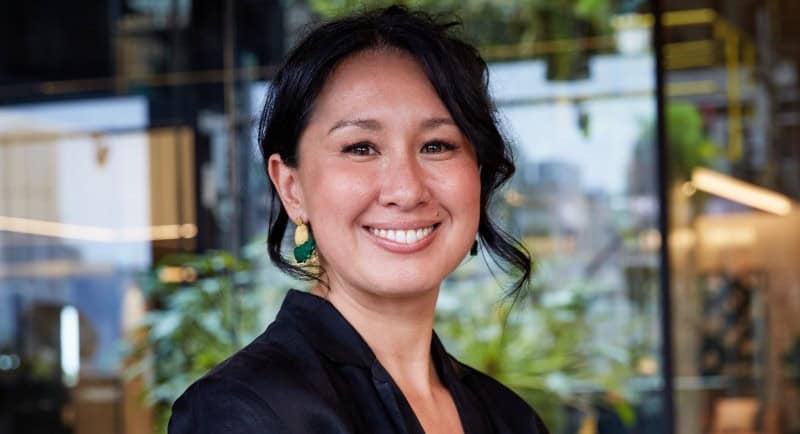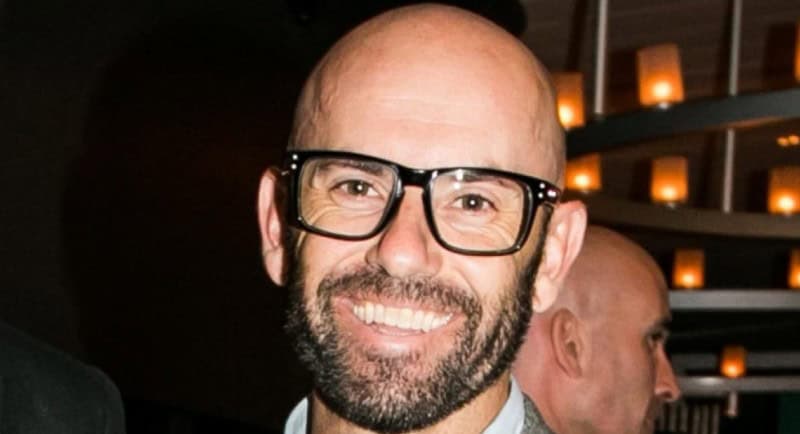66% of Australians believe our nation is polarised and 61% want brands to stay away from social and political issues, according to part one of ‘The Good Study 2024’, a report from advertising agency Leo Burnett in partnership with UTS Business School and Zenith Australia.
This reality makes it difficult for brands to navigate making a positive impact on the world, while reflecting evolving consumer expectations.
According to Adam Ballesty – previously Domino’s CMO, Diageo’s marketing and innovation director, and most recently head of the brand and marketing transformation project at Crown Resorts – the salient takeaway from the report is that “there is a big opportunity for brands and still lots of work to do.”
“The desire is there, brands just need to translate it,” he tells Mediaweek.
The biggest mistake marketers are making, Ballesty says, is opportunistic do-gooding; when “it intuitively doesn’t fit in with their brand ‘reason to exist.’
“The secret sauce is so easy. It’s either real and part of who you are and why you exist, or it’s not. And when it’s not, the pile on is swift.”
The Good Study, which was first launched in 2022, showed that Australians agree it’s important for brands to do some form of good in the world (96% compared to 88% in 2022). However, only 39% believe brands should take a position on social and political issues.
Ballesty gives the example of when he worked at Domino’s, “I would see a brand ‘doing good’ time and time again, and most of the time it wasn’t about grabbing headlines. One of Domino’s core values is ‘doing the right thing because it’s the right thing to do’. We would see this play out in stores week in and week out.
“The franchisees are an incredibly powerful part of their local community. I have so many examples of a franchisee going over and above in a time of need. Examples like taking a boat to deliver pizzas to frontline workers during floods and road closures. I could go on and on here, but you get the picture.”
At the same time, he notes, “there’s still a big disconnect between intention and action when it’s not convenient.
“86% of consumers see themselves as ‘good’. If this is true, how are takeaway coffee cups still a thing in this country?”

Catherine King
Leo Burnett Australia’s chief strategy officer, Catherine King, who authored the report, explains to Mediaweek that the study reveals: “brand good isn’t just an expectation but an accelerant and stands to be a significant growth engine if it aligns with your brand essence and business behaviours.
“The Good Study shows that although 63% of Australians think we’re polarised, there’s still a lot that we have in common. We want businesses to be financially fair, responsible, and equitable, and 83% want acts that unite us.”
In King’s view, the main issue most marketers are facing is “lacking strategy.”
“The Good Study shows that ‘good’ means different things to different people. As marketers, we need to know what our brands stand for, who they serve and not treat this like a trending topic to opportunistically leverage for attention.”
A strong example of a ‘do good’ brand in King’s opinion is STUFF – a personal care brand built around an alternative, sustainable funding model “to support the work and workshops of ManCave in redefining masculinity for young Aussie guys.”
“This brand is a masterclass in doing good at a time when we’ve never needed it more,” she says.
“I can’t wait to see the work that [they] will do.”
–
Top image: Adam Ballesty
